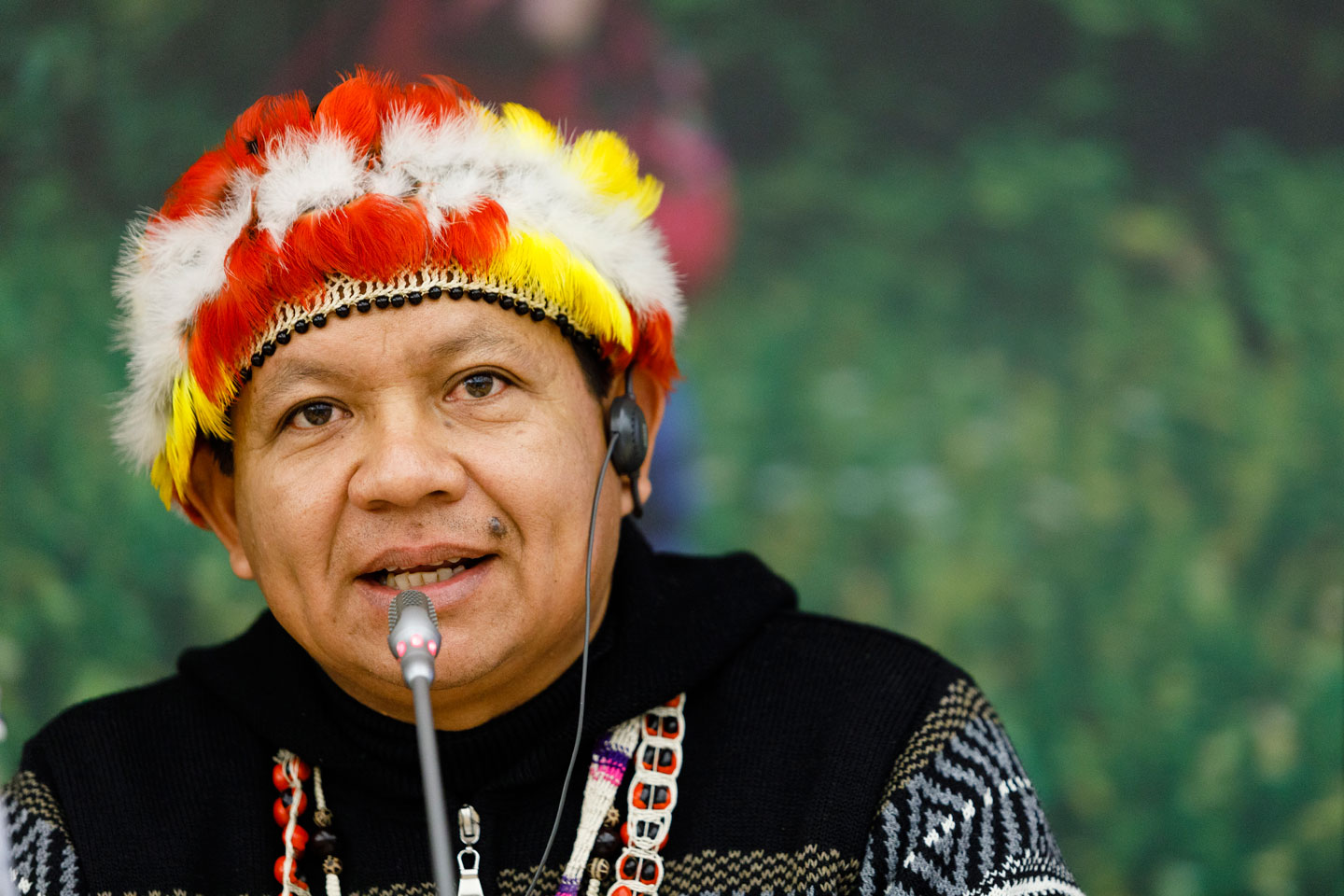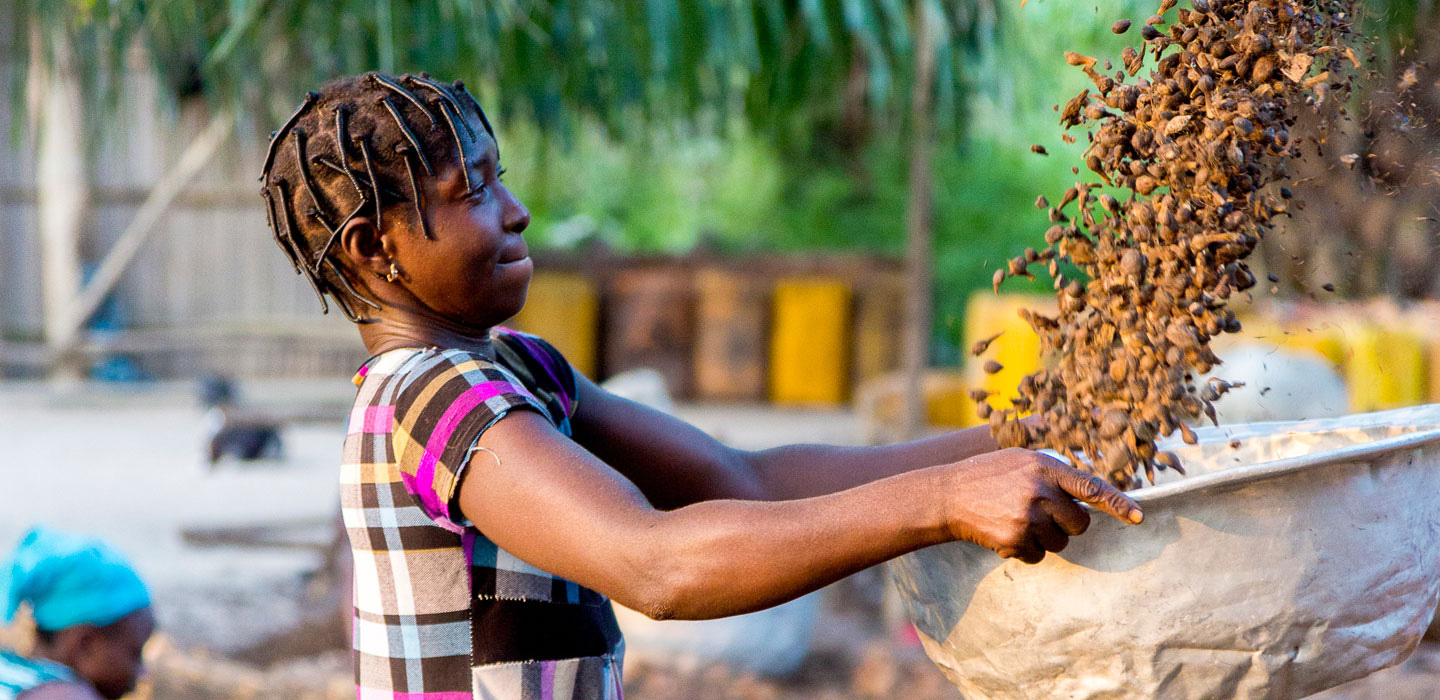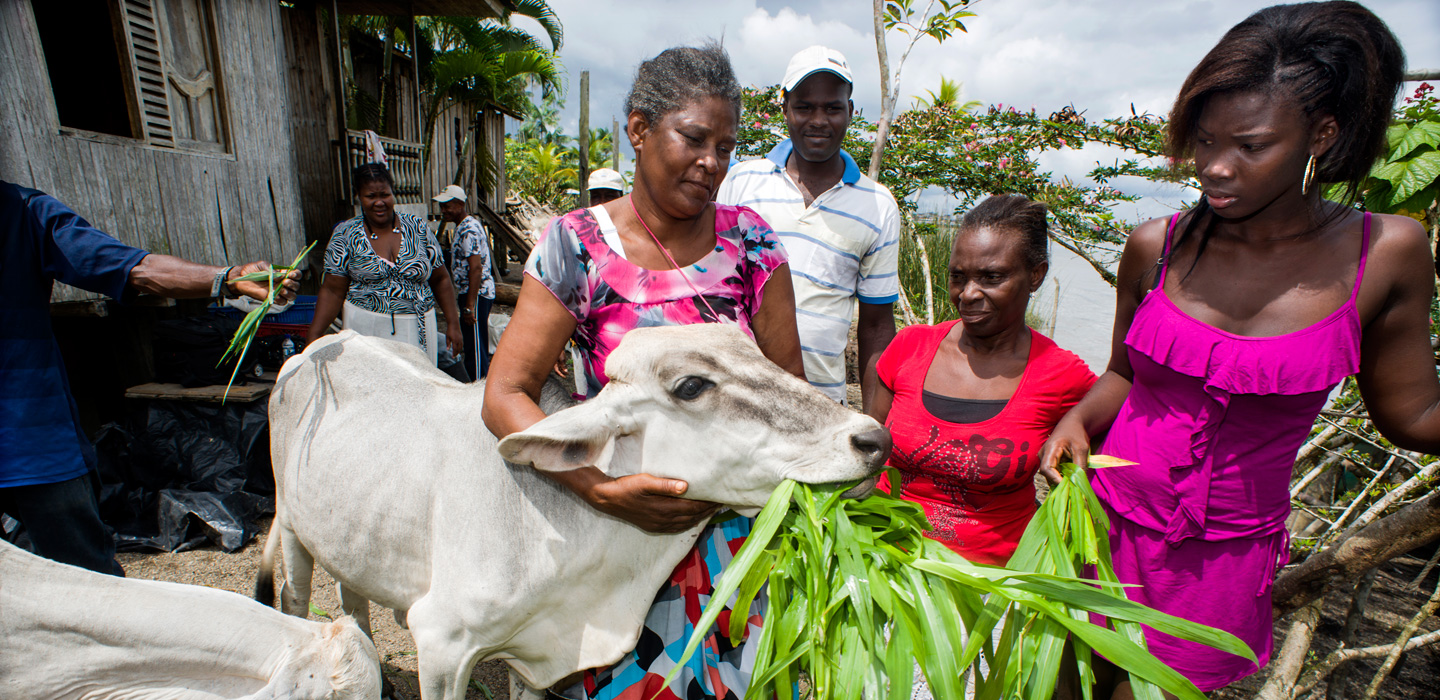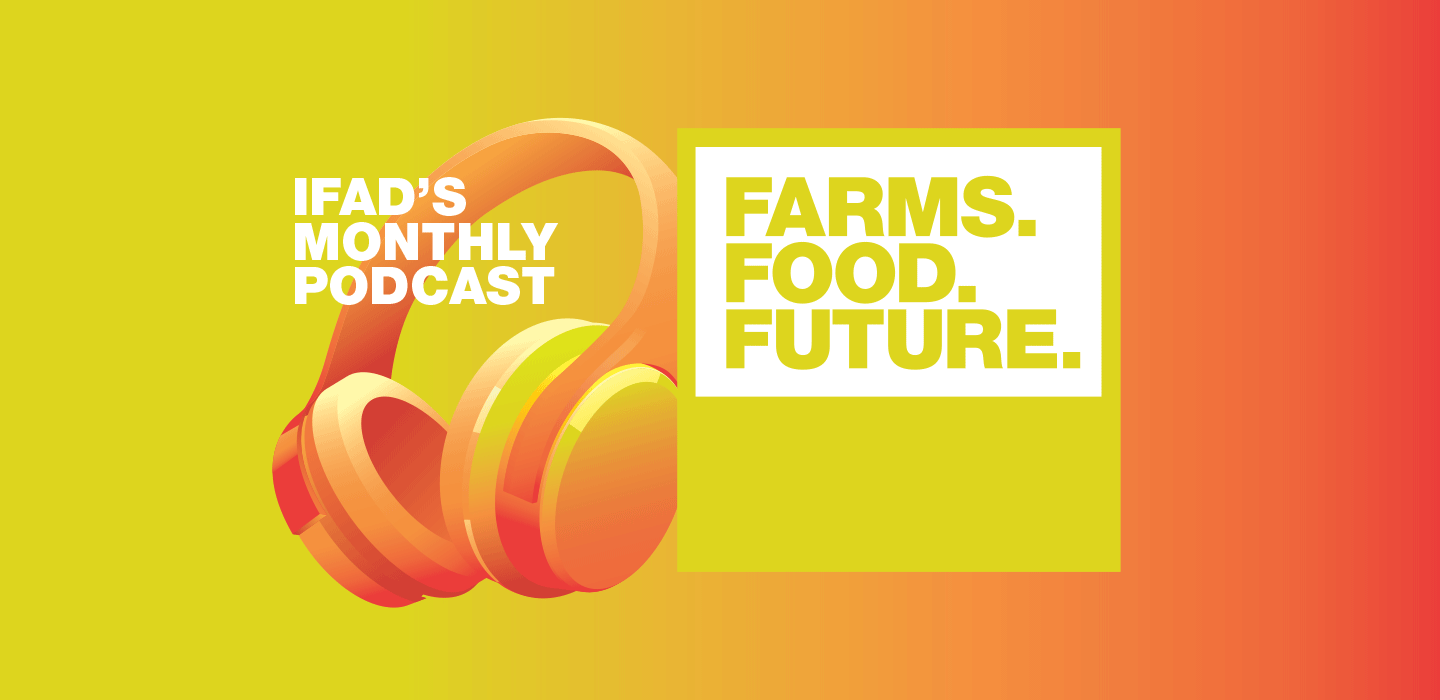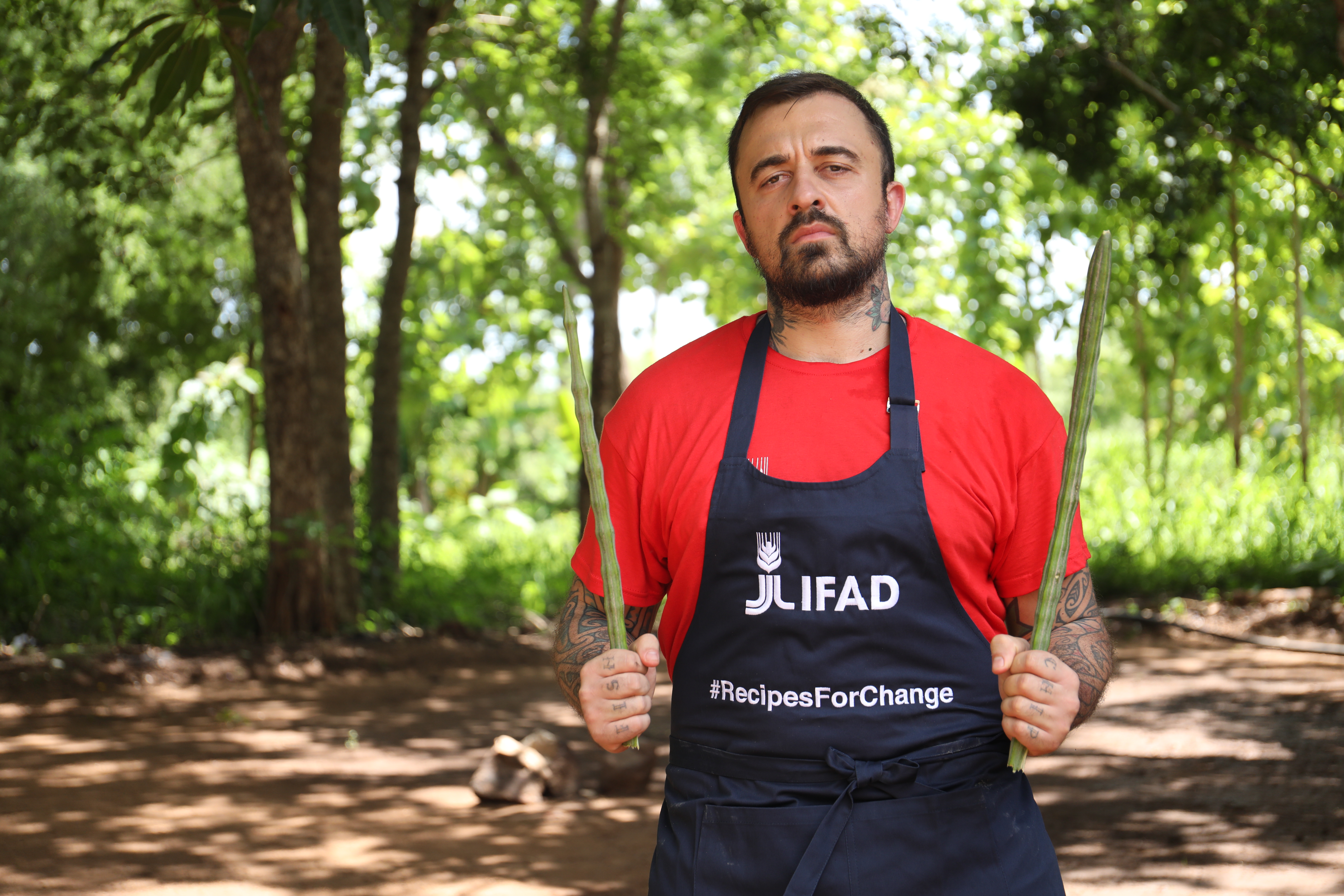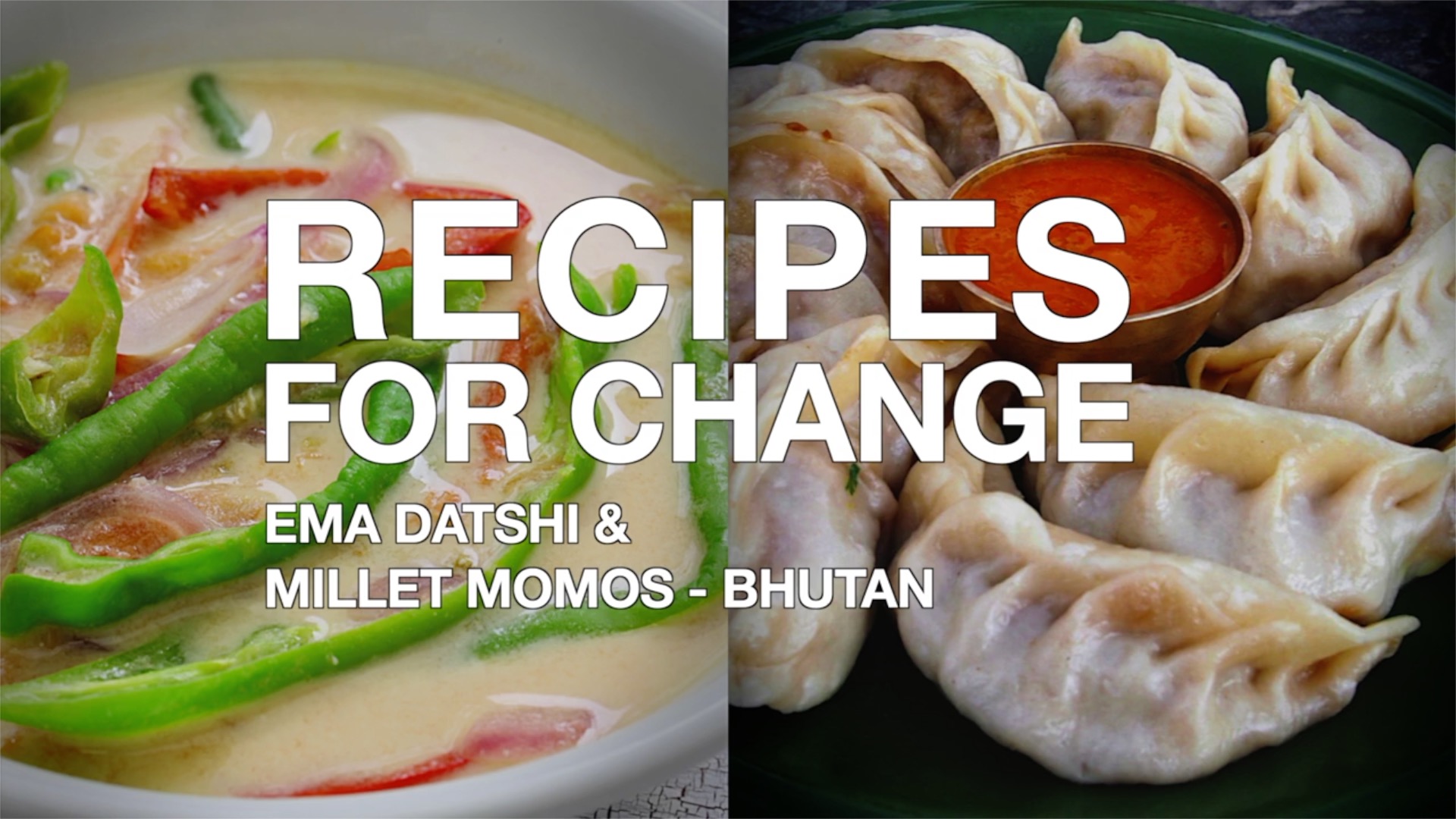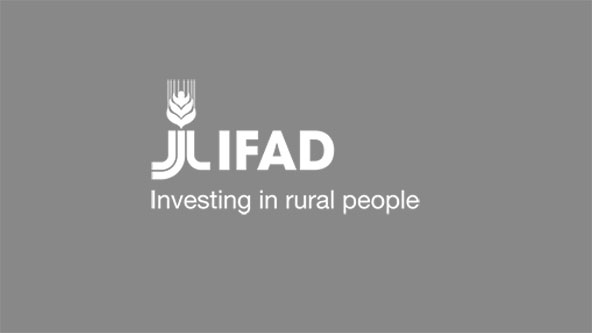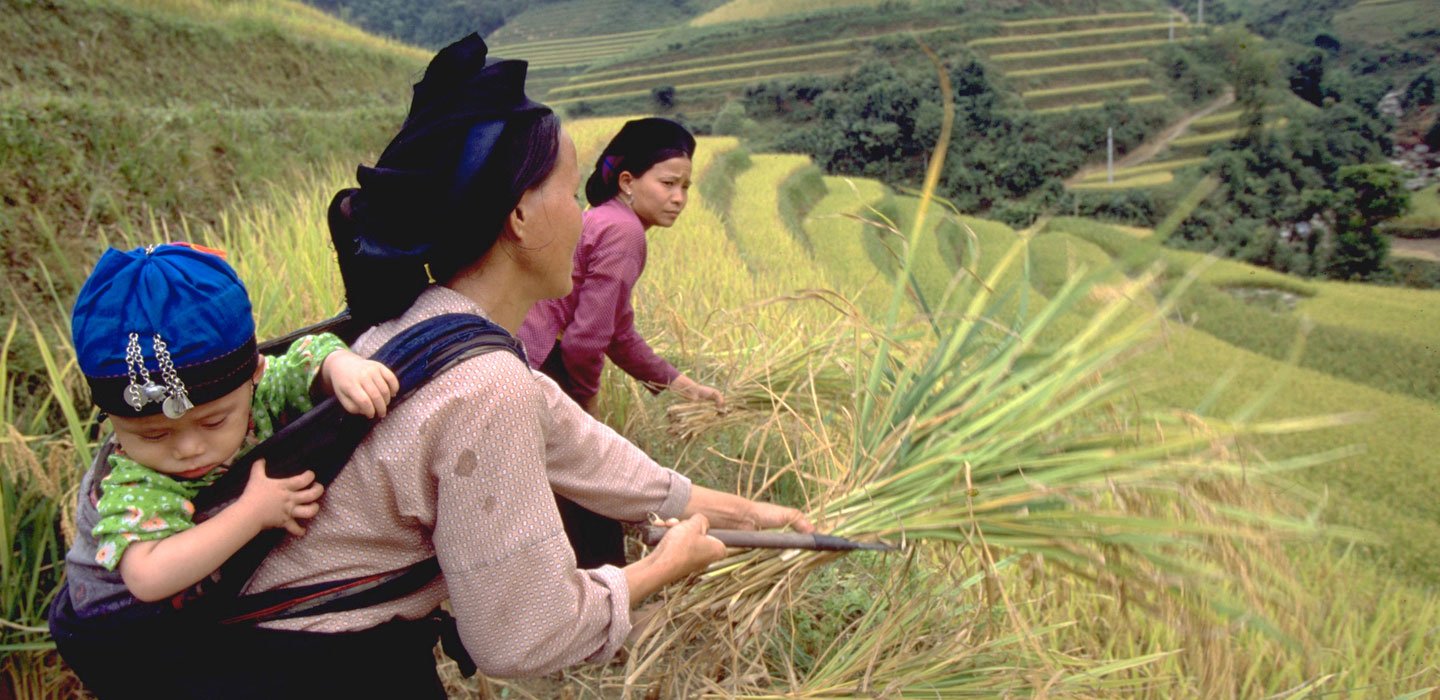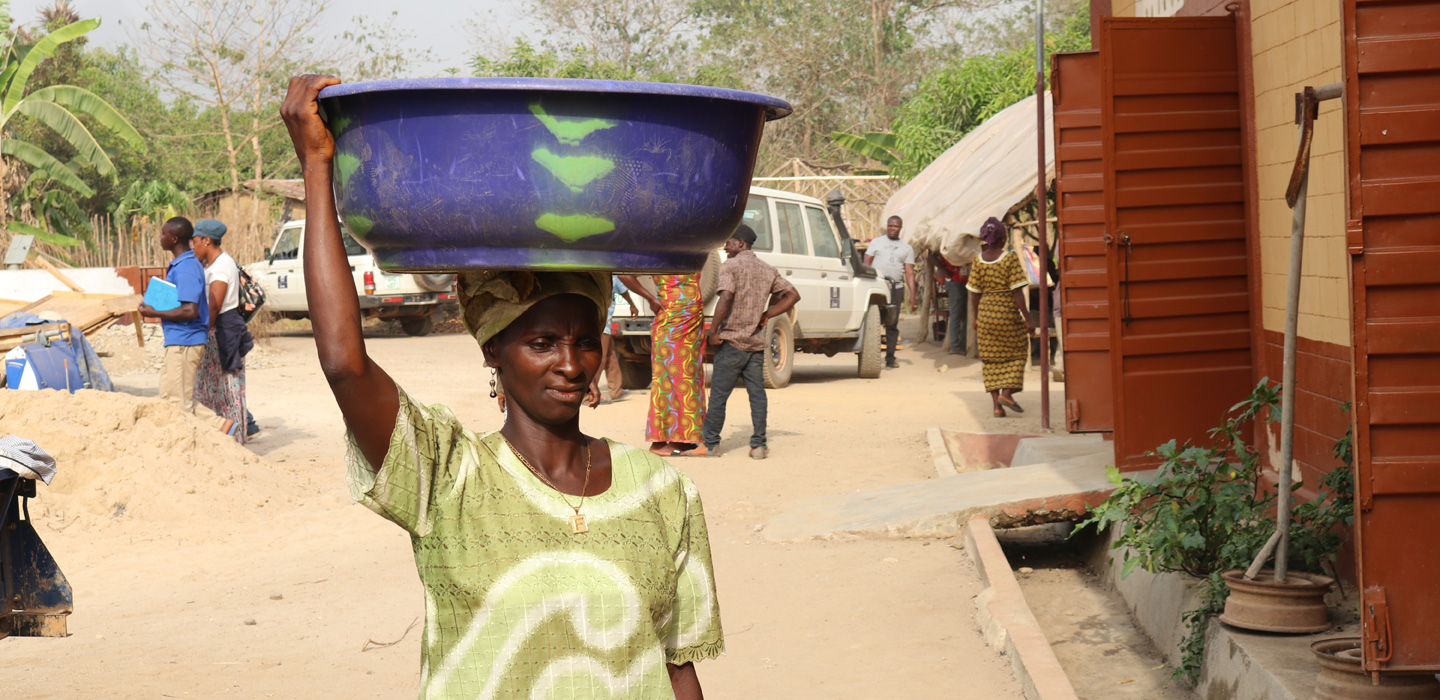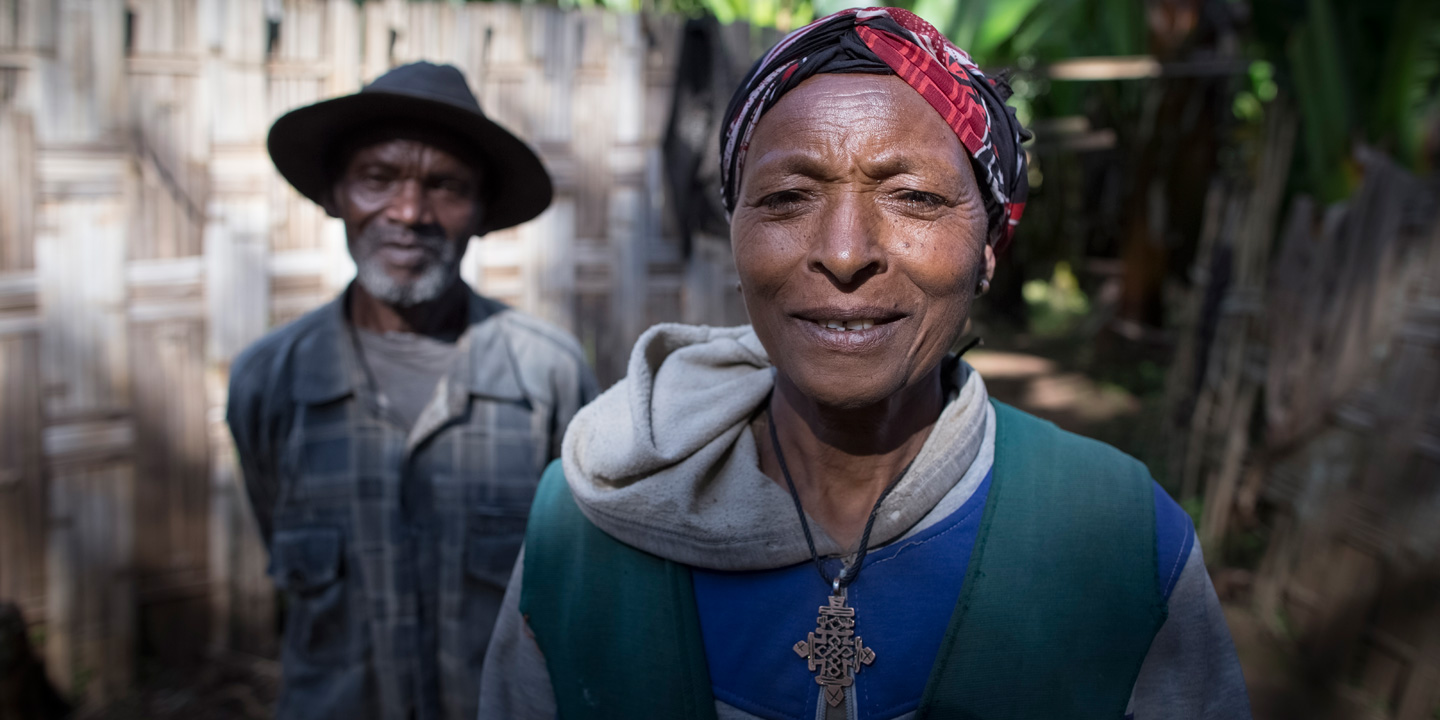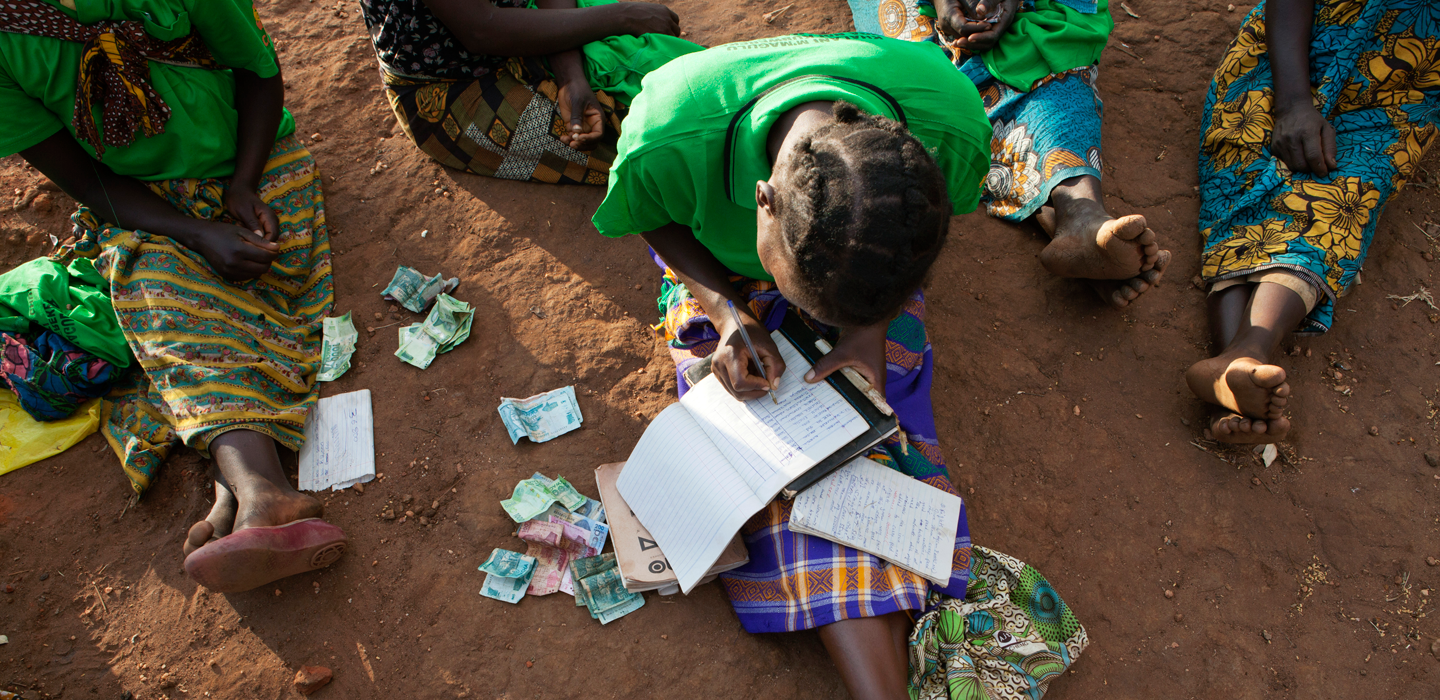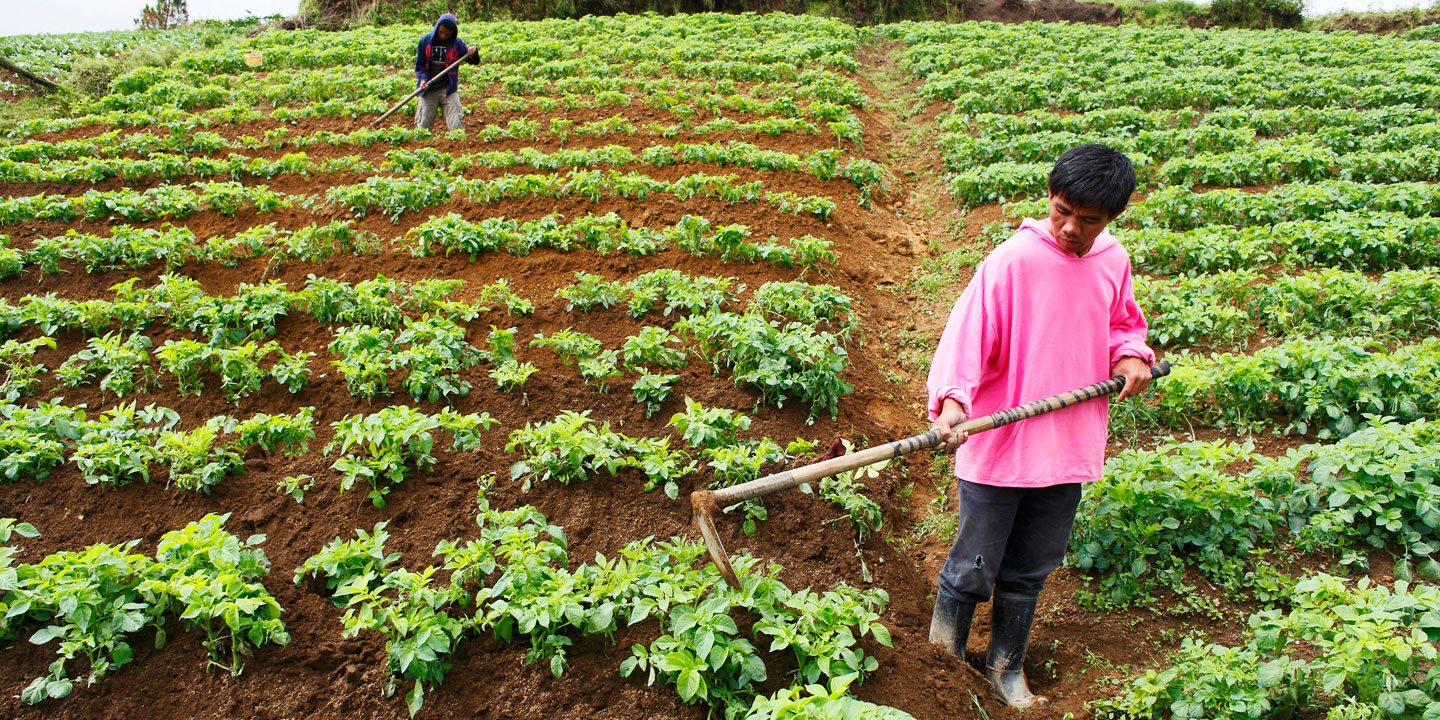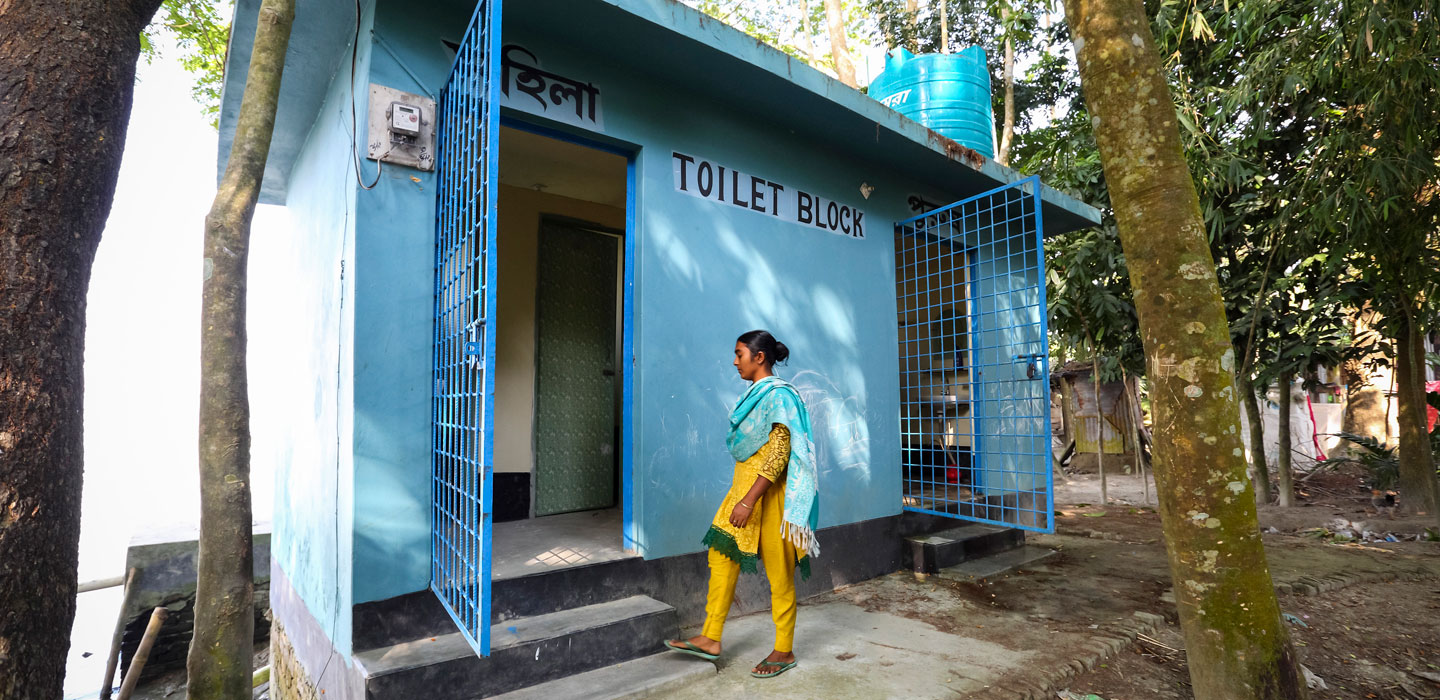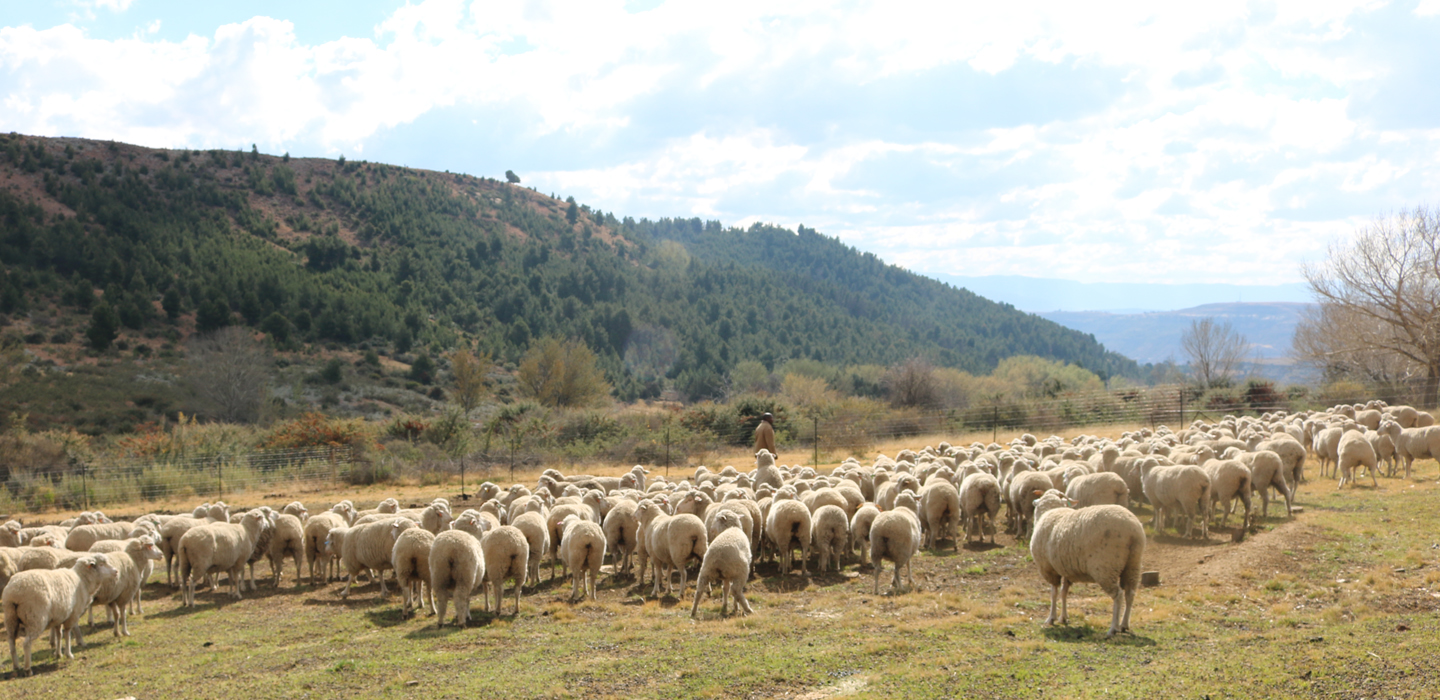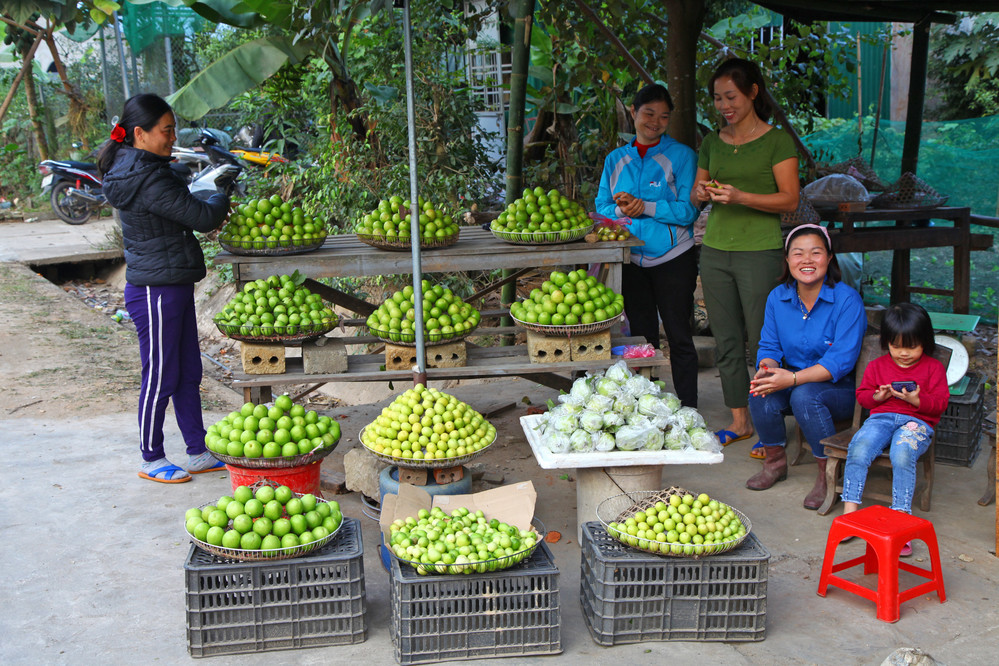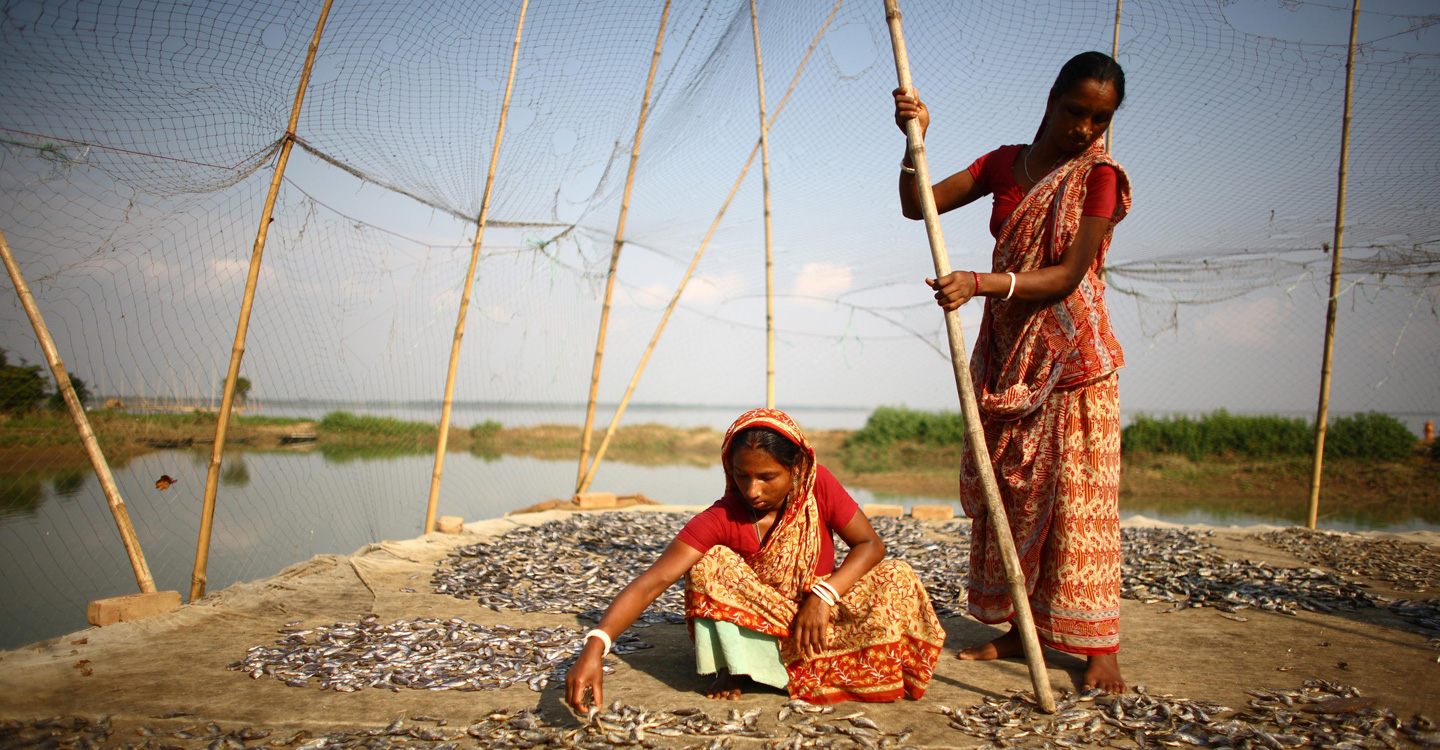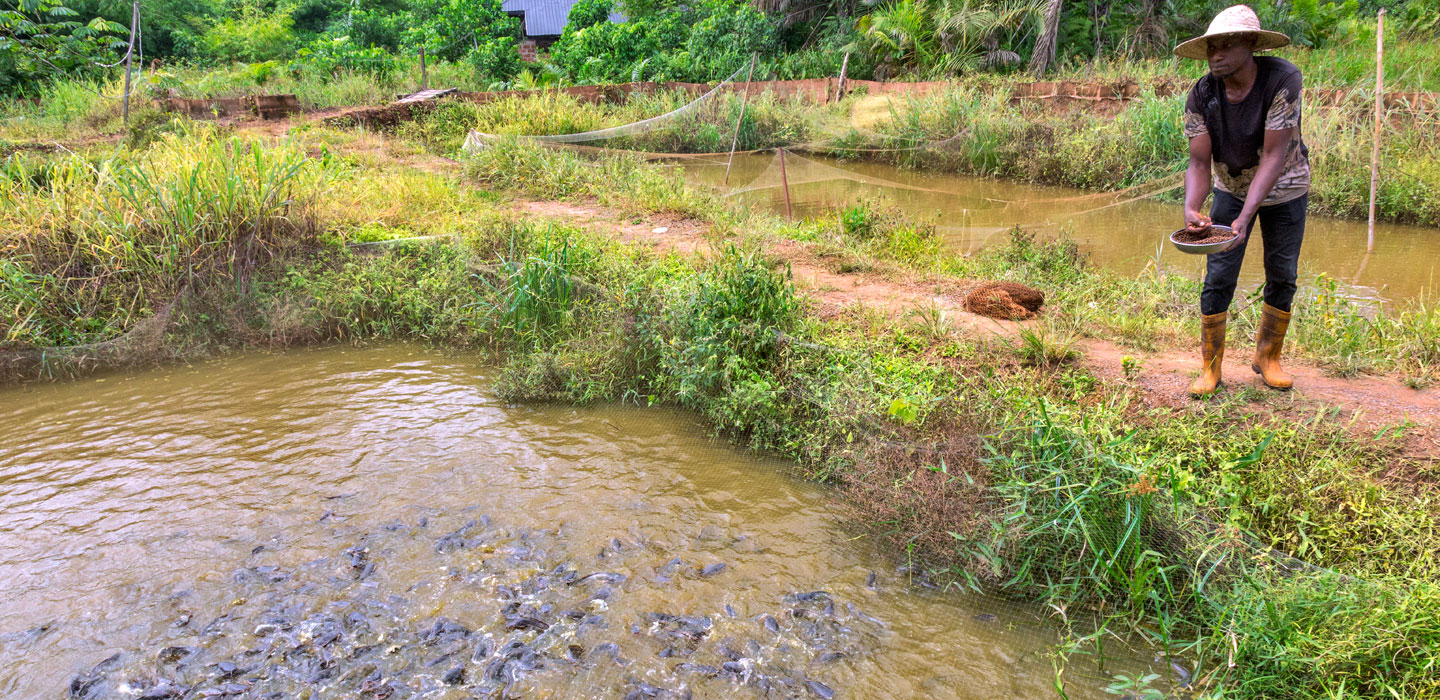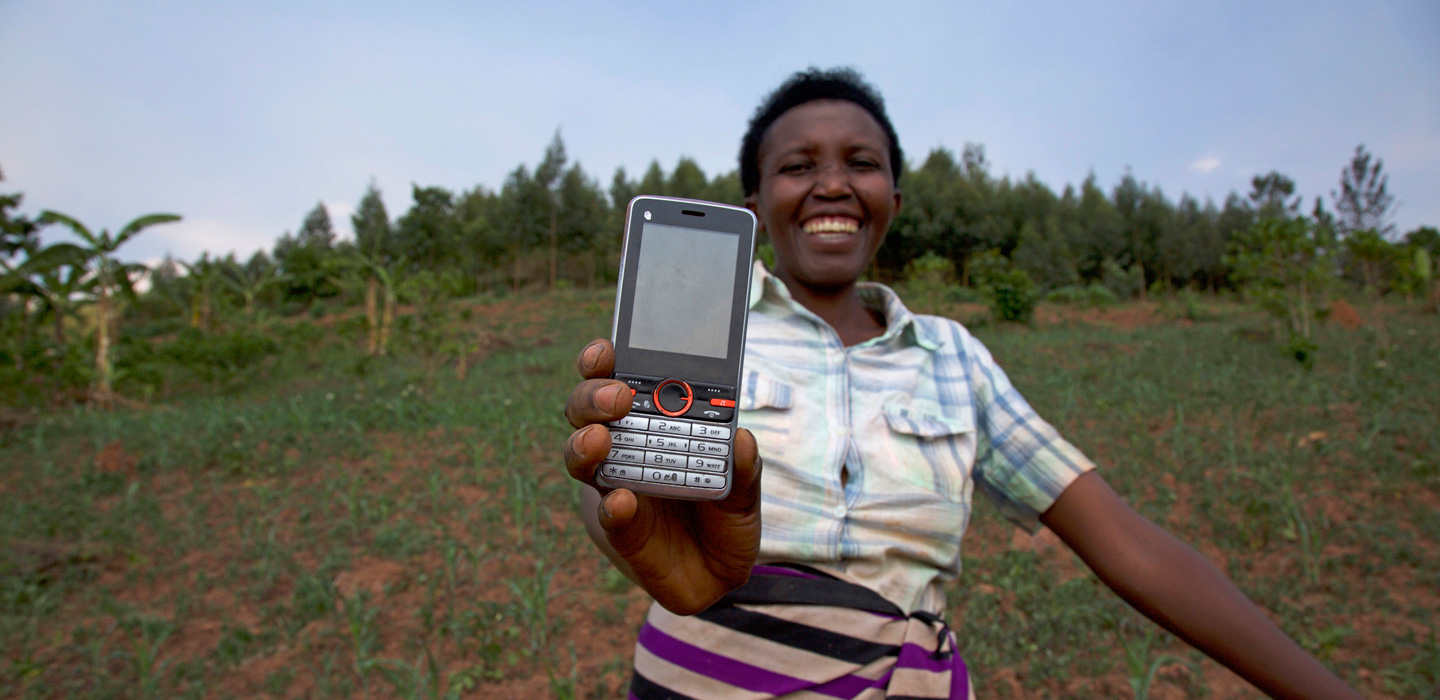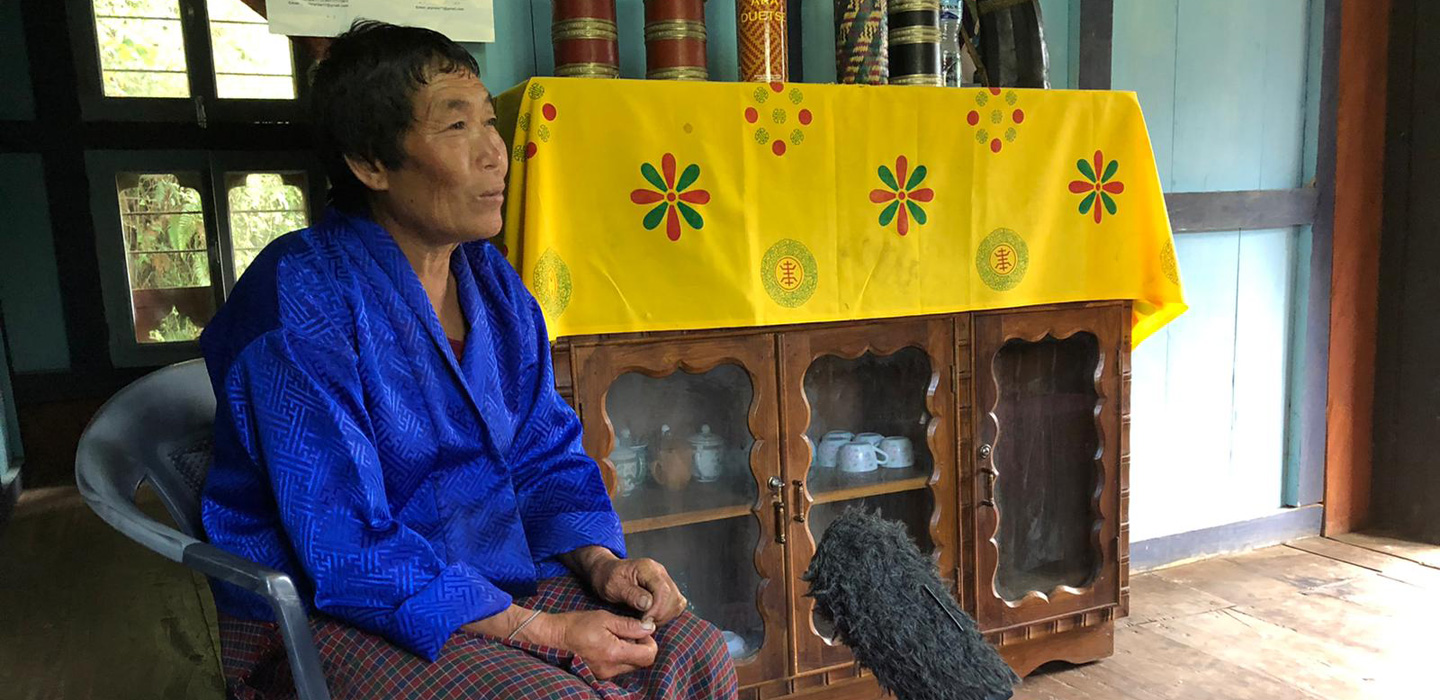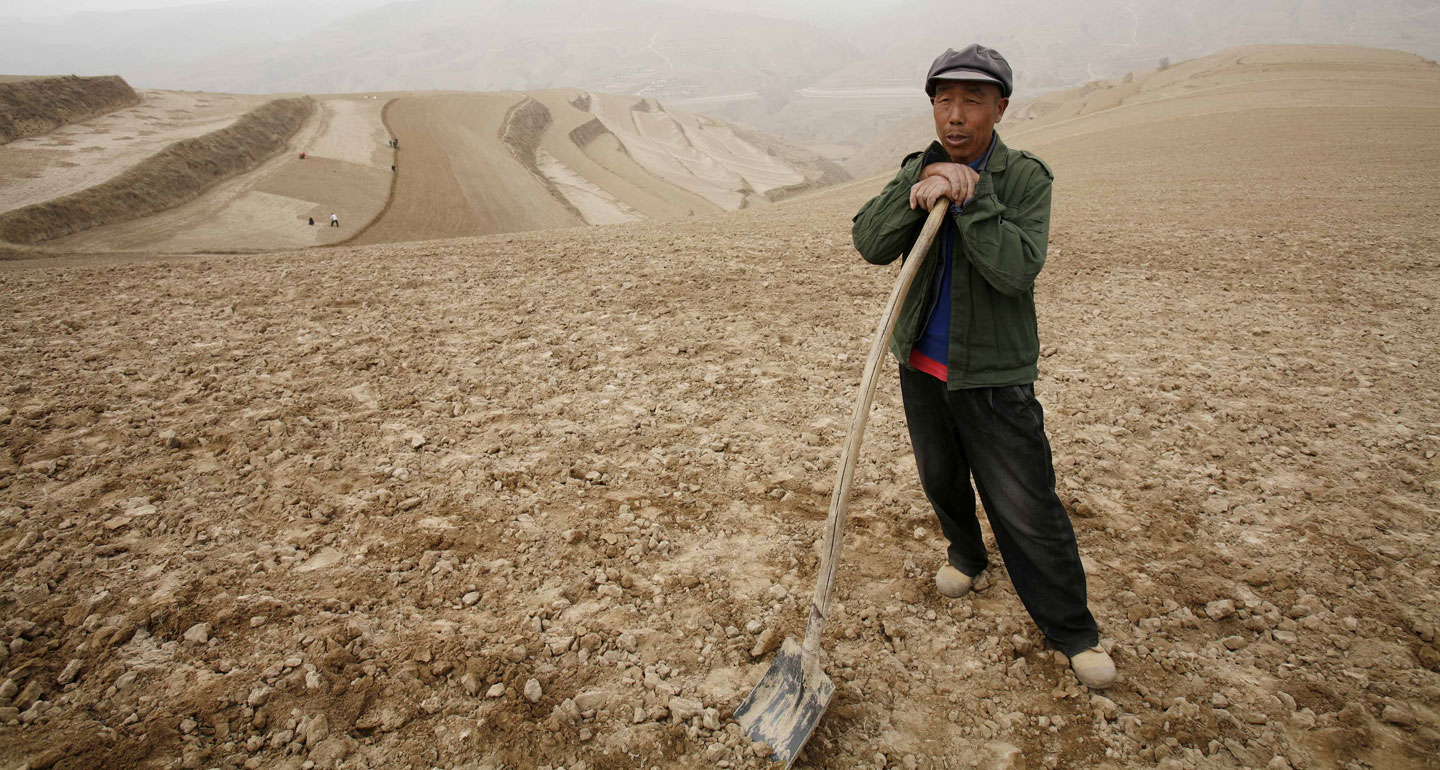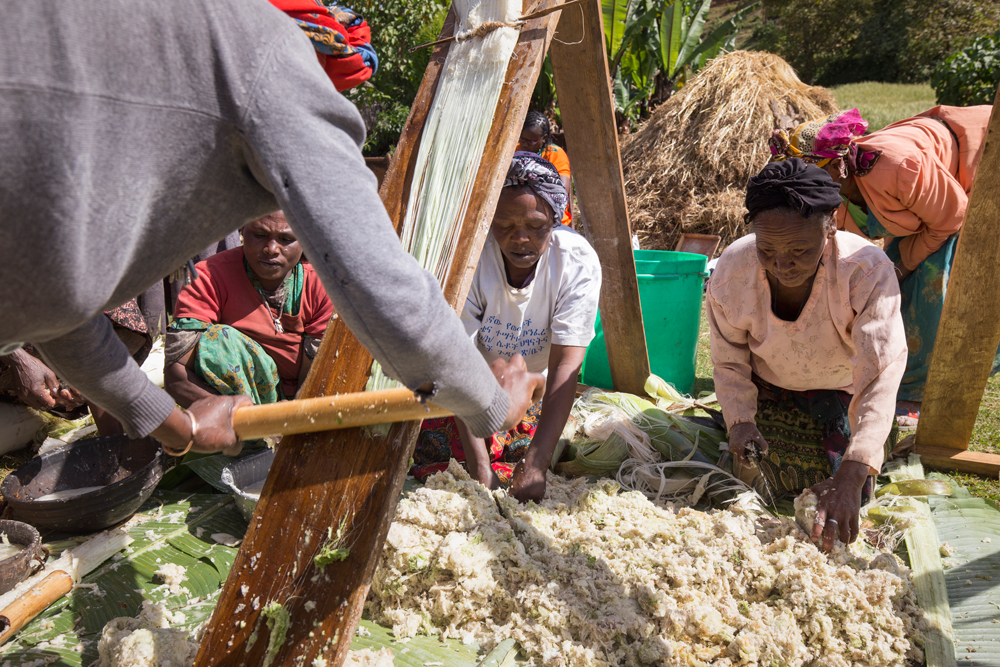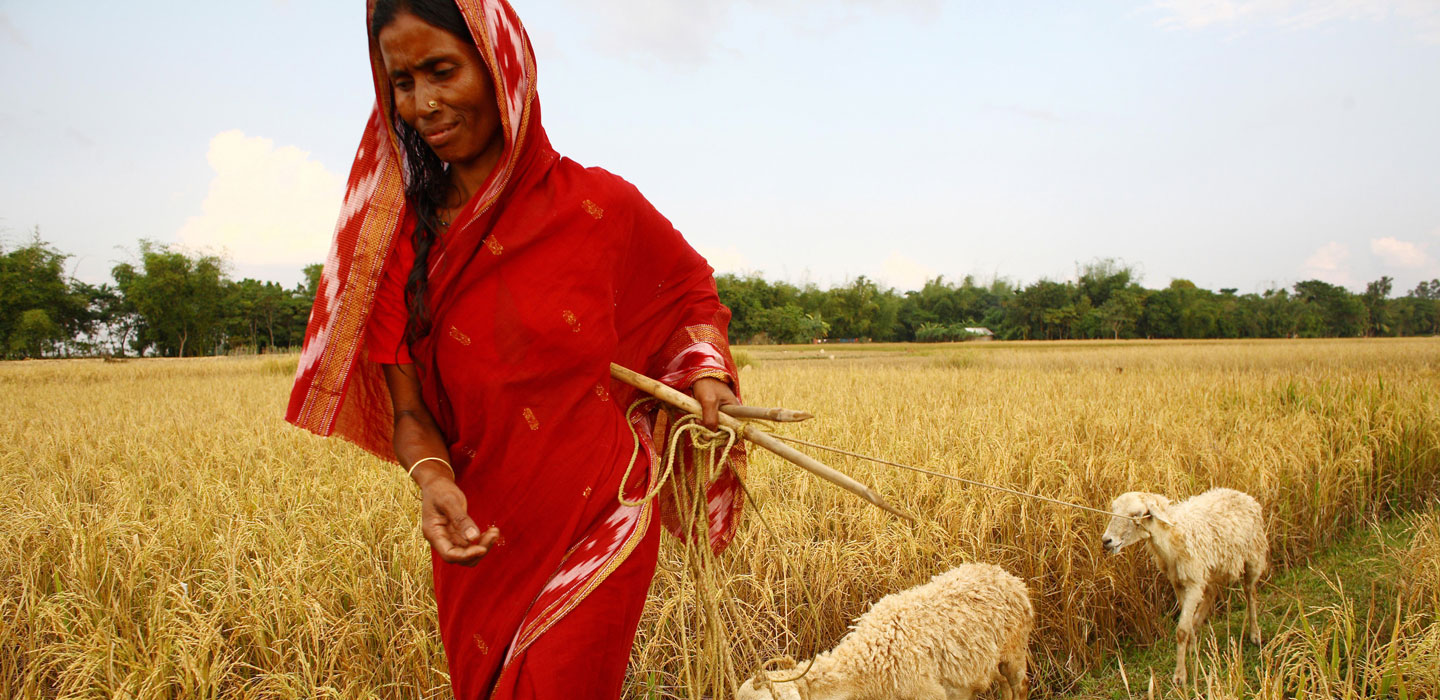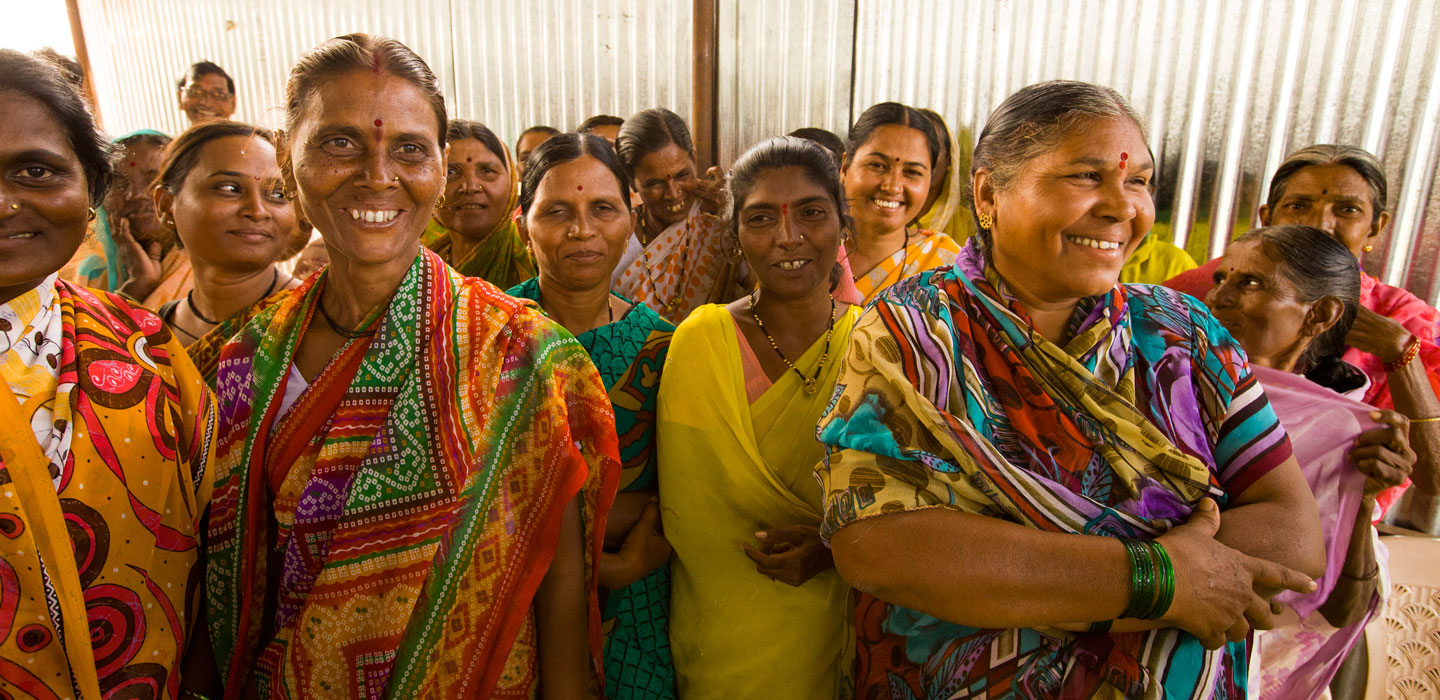Latest
Latest

Latest
Manual Submenu Topics
SearchResultsFilters
Search Results
On a mission to save the Amazon
Against the backdrop of the climate crisis, José Gregorio Diaz Mirabal, Coordinator of the Congress of Indigenous Organizations of the Amazon Basin (COICA) visited IFAD in Rome, where he discussed the situation affecting the Amazon and the implications for indigenous peoples’ livelihoods and for humanity as a whole.
IFAD’s Climate Action Report 2019
Climate change is no longer a problem for the future: it is happening now. Actions to tackle climate change and address the challenges it poses are paramount on the international policy agenda, as well as among IFAD priorities and commitments.
Morocco and IFAD to invest in smallholder farmers’ climate change resilience
A new €82.6 million agricultural development project financed by IFAD and the Government of Morocco will help 11,200 vulnerable households to increase their productivity and incomes in the face of climate change.
New Report: Investments in indigenous peoples, youth and women essential to fight climate change in Latin America and the Caribbean
Development projects that integrate investments in rural indigenous peoples, youth and women with measures to adapt to climate change are more likely to be successful in Latin America and the Caribbean, according to a new report launched today by IFAD.
IFAD, together with ASEAN invests in reducing transboundary haze pollution in Southeast Asia
The International Fund for Agricultural Development (IFAD) and ASEAN Secretariat have launched the Measurable Action for Haze-Free Sustainable Land Management in Southeast Asia (MAHFSA) Programme today to reduce transboundary haze pollution and its impacts in Southeast Asia.
Farms. Food. Future. IFAD’s new monthly podcast brings the voice of farmers in developing countries to the table.
Designed to be ‘Good for You, Good for the Planet and Good for Farmers’, IFAD’s new podcast series raises awareness on the challenges smallholder farmers face, highlighting the need to invest more in solutions focused on women and young people, environmental protection and better nutrition in the context of a changing climate.
Recipes for Change: Moringa Leaves with Coconut from Sri Lanka
In this episode of Recipes for Change, Italian celebrity chef Rubio is in Sri Lanka to learn about moringa, a drought-resilient superfood that is helping rural households cope with the effects of climate change, increase their incomes, and improve their nutrition.
Recipes for Change: Ema Datshi & Millet Momos from Bhutan
In this episode of Recipes for Change, Italian celebrity chef, Carlo Cracco, is in Bhutan to find out how farmers are rediscovering traditional crops that can help them mitigate the impact that climate change is having on their staple cultivations.
Farmers on the climate frontline, reducing inequalities with IFAD at COP25
Small-scale farmers in developing countries are already suffering from a changing climate they did not cause – with lower crop yields, reduced water availability, price spikes and increased food insecurity.
Boosting incomes and protecting the environment – IFAD and Government of Peru assess achievements of joint project
Martín Vizcarra, President of Peru, and Rossana Polastri, Director of the Latin America and the Caribbean Division of IFAD, to chair the closing of the Sierra y Selva Alta Project (PSSA).
Interview with Recipes for Change Chef Lance Seeto
In addition to climate change, the Pacific Island communities are succumbing to modern diseases caused by a change of diet and lifestyle.
Enabling farming families to fight climate change: the key to survival
IFAD has adapted its development strategies for Viet Nam from focusing on boosting agricultural production to commercialisation and sustainability of smallholders.
Rural finance in Sierra Leone strengthened by IFAD projects – new report
Rural development projects financed and supported by IFAD expanded access to rural finance and increased agricultural production in Sierra Leone, despite the civil war (1991-2002) and Ebola epidemic (2014-2015), according to a new report released today.
Farmers on the climate front line - Episode 1
This is the inaugural episode of Farms. Food. Future. In this month’s programme we will be hearing from farmers on the climate front line.
Putting an end to violence against women in rural communities
On the international day for the elimination of violence against women, IFAD reaffirms its commitment to eliminate and prevent gender-based violence.
Introduction to IFAD's monthly podcast - It's all about Farms. Food. Future.
Welcome to Farms. Food. Future. A podcast that’s good for you, good for the planet and good for farmers.
Mobilizing inclusive remittances for rural development
It has long been recognized that the money remitted by migrants is used to supplement the receiving family’s income and is therefore largely spent on consumption. Only a small amount of remittances is invested in productive assets, much less saved.
Ethiopia and IFAD to help families adapt to climate shocks in new multi-million dollar project
Half a million of Ethiopia’s most vulnerable families are set to benefit from a new US$451 million project to increase their resilience to climate shocks in the country’s poorest regions.
Sanitation pays for itself and is the business opportunity of the decade
Water and sanitation are at the very core of sustainable development, critical to the survival of people and the planet. SDG6 not only addresses the issues relating to drinking water, sanitation and hygiene, but also the quality and sustainability of water resources worldwide.
Sierra Leone and IFAD to strengthen partnerships, agricultural value chains and rural finance
The Independent Office of Evaluation of IFAD and the Government of Sierra Leone are holding a half-day workshop in Freetown to share the findings of the independent evaluation of IFAD’s country strategy and programme for Sierra Leone.
Spinning yarns – Investing in wool and mohair in Lesotho
Wool and mohair form the bedrock of Lesotho’s rural economy. Producers range from smallholder farmers with small flocks, to breeders of large flocks of superior gene-quality animals. With over 1.2 million sheep and 845,000 goats there is a lot of potential to develop the industry.
IFAD calls on governments in Asia and Pacific region to invest in their rural youth
With about 60 per cent of the developing world’s rural youth living in Asian and Pacific countries, specific and effective policies and investments are urgently needed to offer them a future, according to a report by the International Fund for Agricultural Development (IFAD) to be presented at Peking University today.
The advantage of investing in sustainable fisheries, aquaculture and coastal communities
The fisheries sector is crucial for enhancing healthy diets, as fish are a valuable source of nutrients and micronutrients.
Call for proposals: Small Fish Grant
This call for proposals is to select a recipient or consortium of recipients to receive a three-year IFAD grant financing to implement the project: Promoting sustainable technologies and marketing strategies to increase incomes and reduce food losses in small fish systems for a total amount of up to US$2.5 million.
Mobile money: A product of choice for women to send and receive remittances
Women constitute the majority of remittance recipients globally and remittances have an impact on both women’s actual income as well as on social norms.
IFAD partnership in Bhutan reaping benefits for farmers
Most of the population of Bhutan depend on farming to make a living. However, as the climate crisis bites, this Himalayan nation is being hit by erratic rain, hailstorms and flash floods. This in turn is effecting farmers’ production.
China’s remaining challenges in reducing poverty
Next year China is hoping to announce that they have eradicated extreme poverty - but what are the challenges that China would need to deal with after 2020?
As climate shocks intensify, UN food agencies urge more support for southern Africa's hungry people
The Food and Agriculture Organization (FAO), the International Fund for Agricultural Development (IFAD) and the World Food Programme (WFP) are calling for urgent funding to avert a major hunger crisis and for the international community to step up investment in long-term measures to combat the impact of climate shocks and build the capacity of communities and countries to withstand them.
Meeting the challenge of SDG2: The moment for action
We are just over 10 years out from the deadline to the meet the SDGs, but the goals will require a step change in the quantity and quality of financing made available.
Head of UN rural development agency in India to boost efforts to eradicate poverty
Gilbert F. Houngbo, President of IFAD, will meet with government leaders in India this week to strengthen joint efforts to boost farmers’ incomes and build sustainable food systems, and review project activities that have already empowered more than one million rural women.
